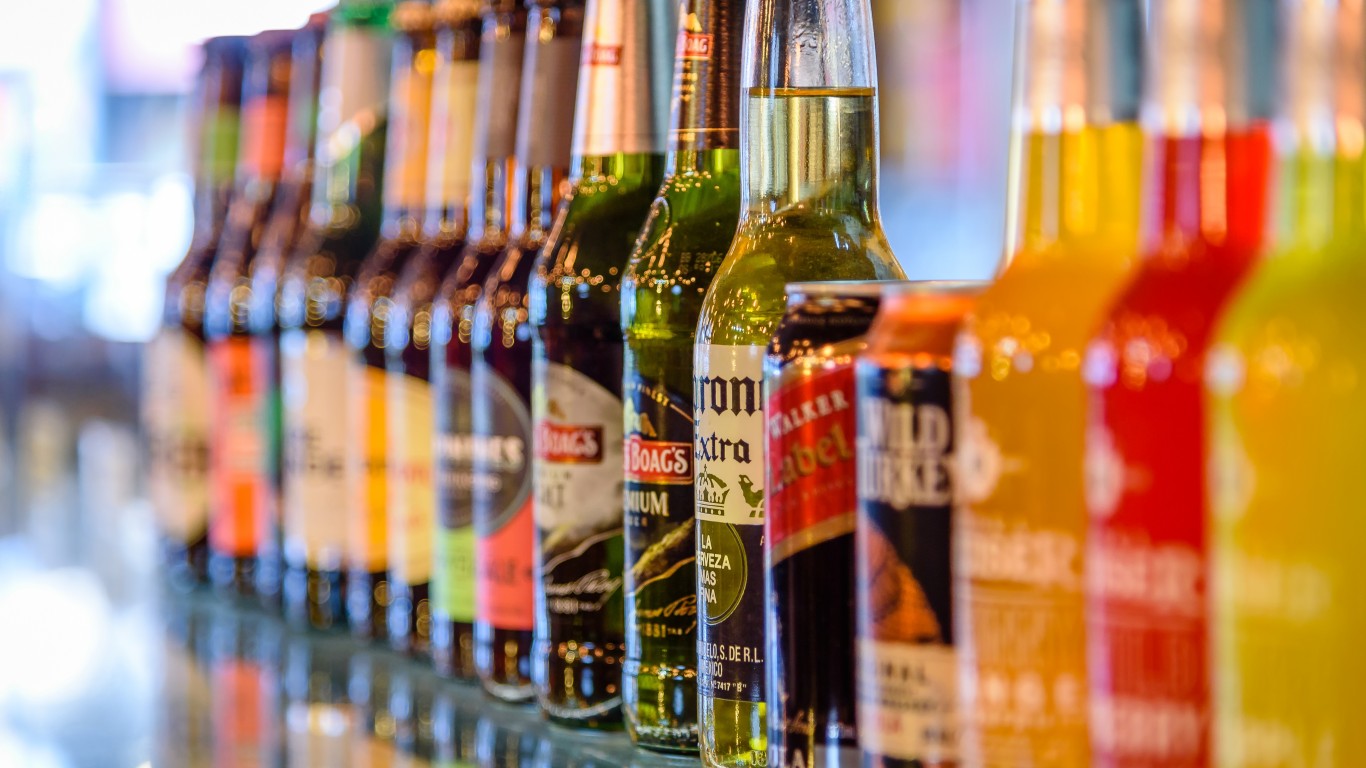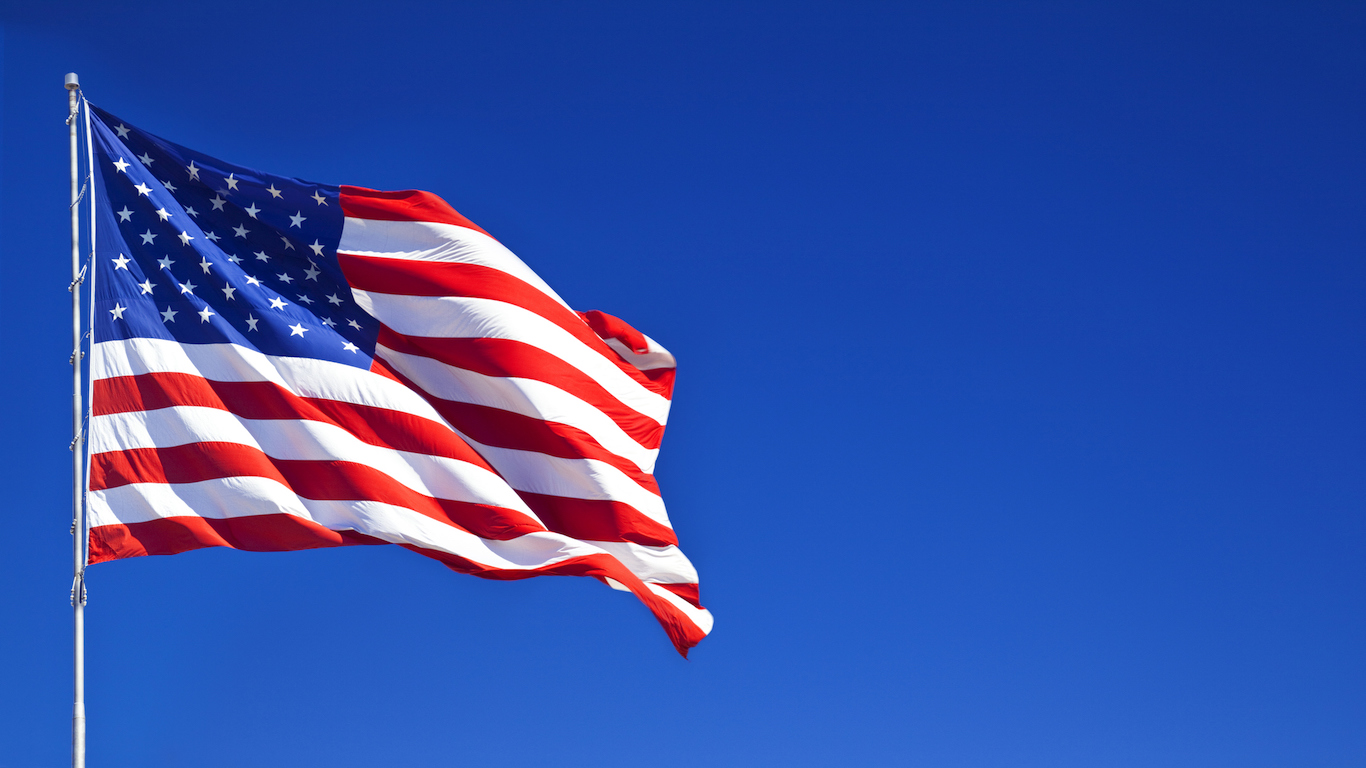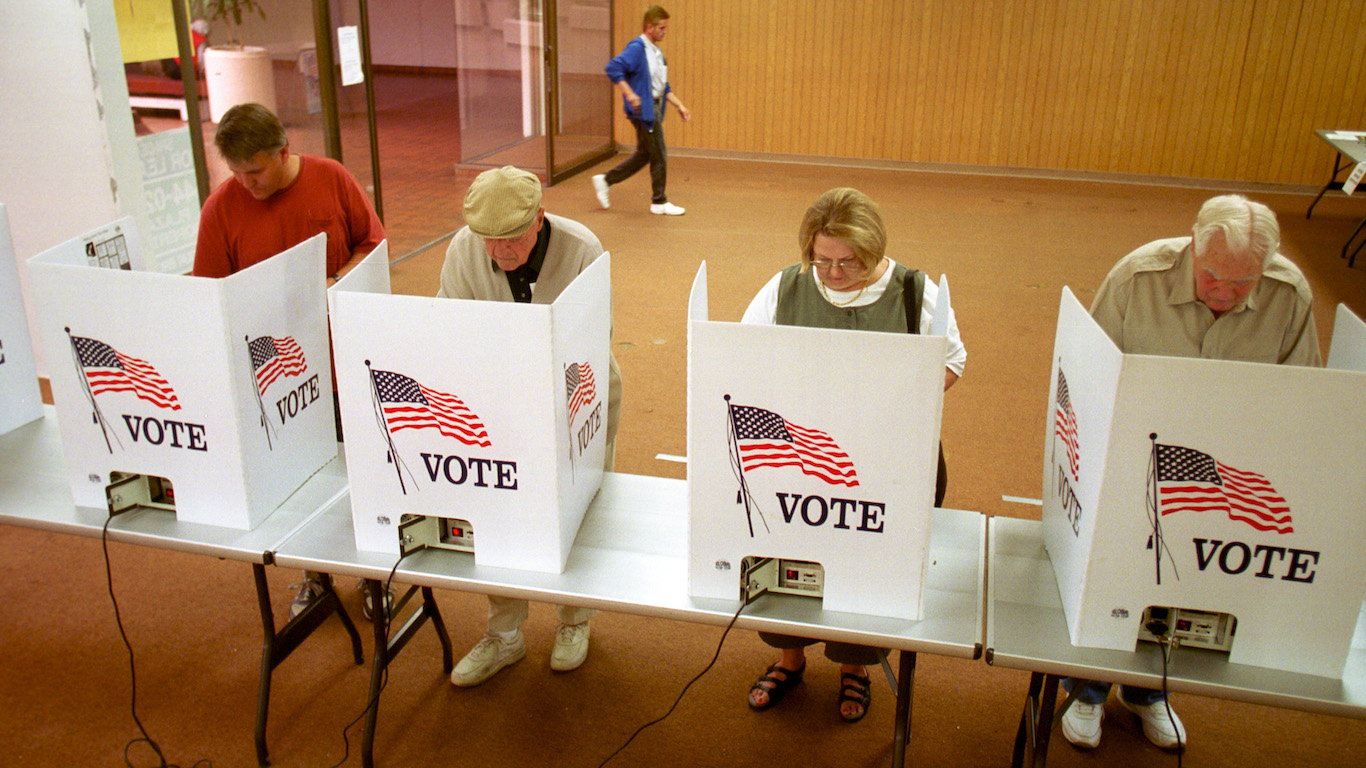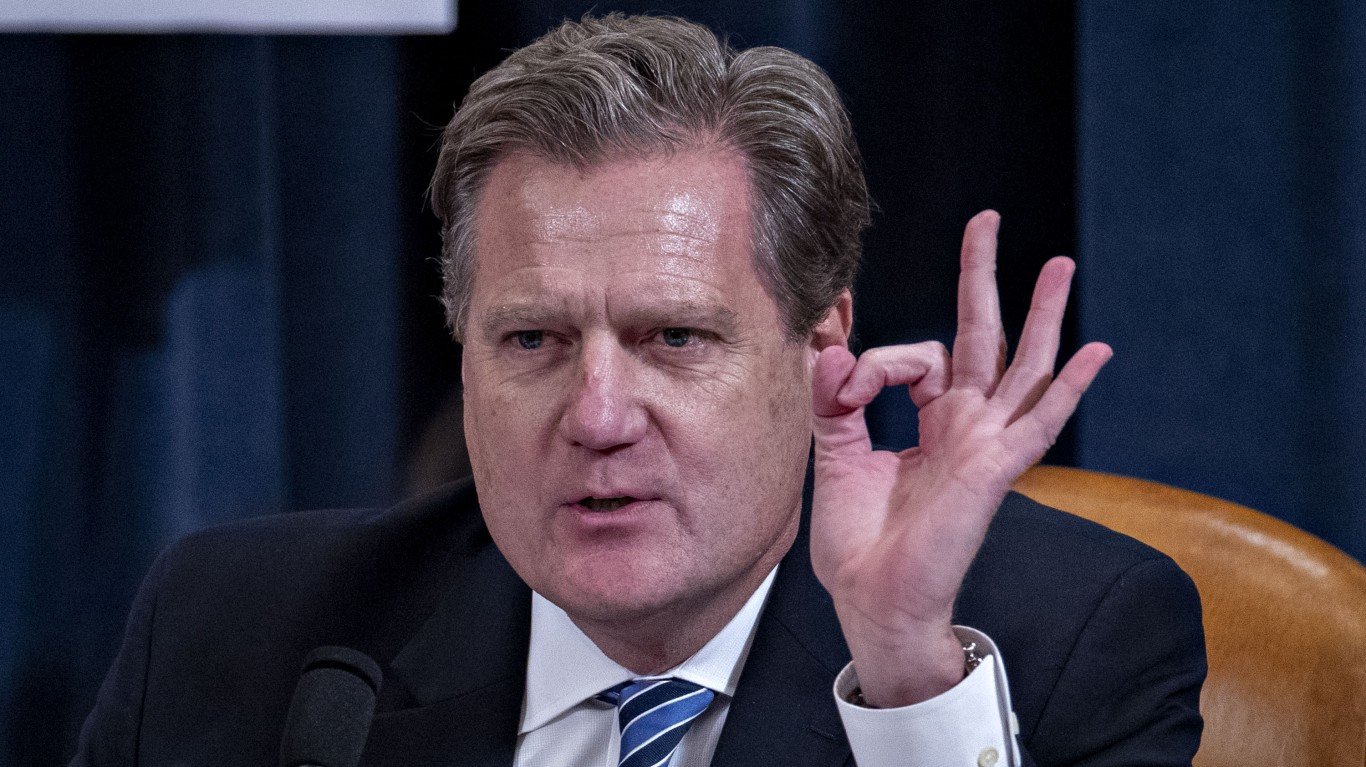

Water has become a precious commodity worldwide. In many places, drought has dried up the water supply. And in places where water is plentiful, it can sometimes be surprisingly expensive. The city with the most expensive water in the world is Oslo, Norway.
A far worse problem than price, of course, is a lack of water. The World Wildlife Federation reports that water scarcity is a major problem internationally, with some 1.1 billion people lacking regular access to clean water. Another 2.7 billion face a similar issue at least one month out of every year, and matters will get worse. Recently, the WWF forecast that “By 2025, two-thirds of the world’s population may face water shortages. And ecosystems around the world will suffer even more.”
The United States is not immune. Many of the western states have been plagued by drought. For the first time ever, the federal government declared a water shortage on the Colorado River this year, the BBC reports. Forty million people rely on the river for water. Huge bodies of water in the west, like Lake Mead, are shrinking rapidly. Arizona has issued a water shortage declaration for the first time. There is a chance that this is permanent. (These states have the worst droughts in America.)
Despite these concerns, millions of people continue to drink bottled water. In some cases, this water travels thousands of miles to market. Fiji Water is delivered to 60 countries. The distance from Fiji to New York City is almost 8,000 miles, and when it gets here, it sells for $1.99 for a 16.9 oz. bottle. (Giving up bottled water is one of 30 easy ways to be more environmentally friendly.)
The holiday rental site Holidu recently compiled a Water Price Index report, which, among other things, compared the costs of three different brands of bottled water in 30 U.S. cities and another 100 around the world.
The site also computed the cost of tap water in those cities, based on an estimated global average water consumption of 15 cubic meters (3,963 gallons) per person per month, and 24/7 Wall St. has reviewed that data to compile a list of the cities with the world’s most expensive water. Holidu also scored each city for its water quality – obviously an important consideration for those who drink tap water – and we have included those scores in our list.
Click here to see the cities with the most expensive tap water in the world
The city with the highest average price of water was Oslo, Norway, at $6.69. It was also the city with the highest water quality score, at 97.8 – compared to the city with the lowest quality score, San Diego at 84.
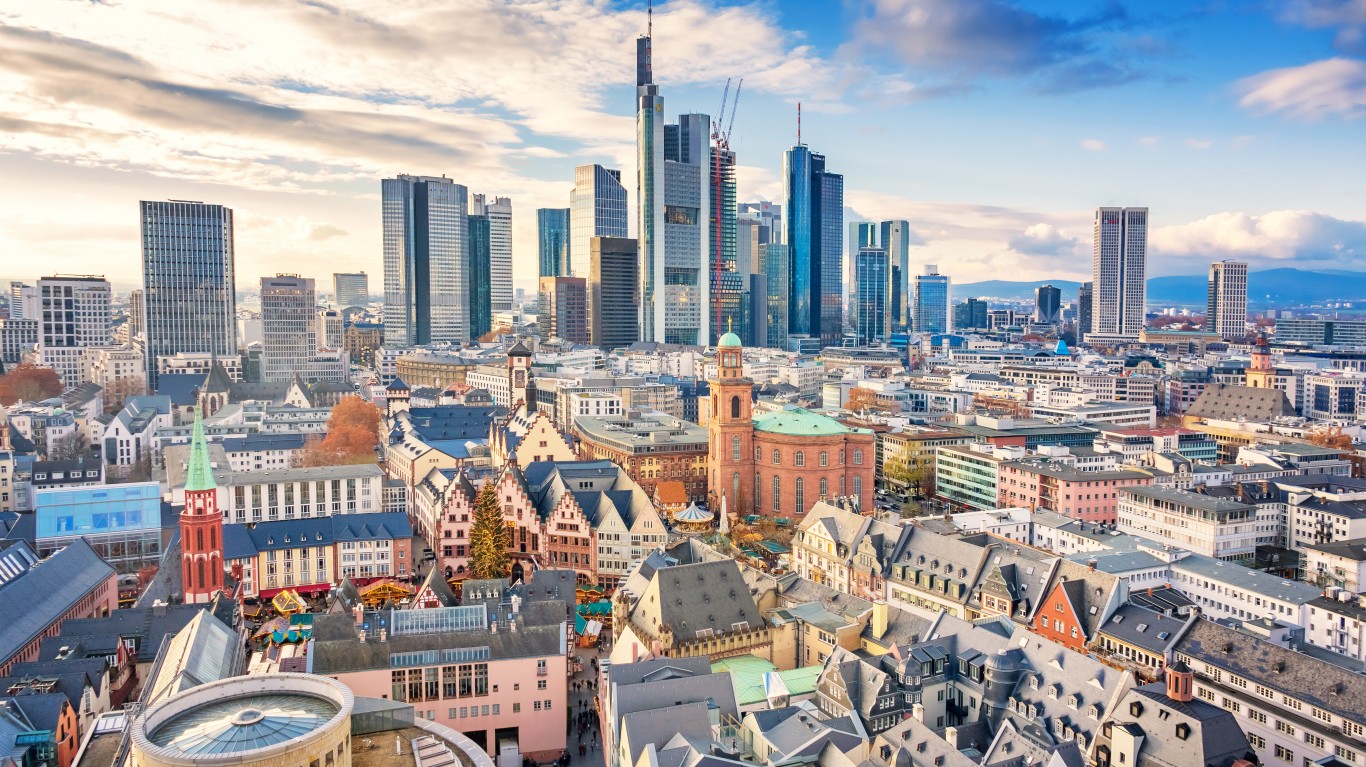
20. Frankfurt, Germany
> Tap water price per month: $4.04
> Water quality score: 92.3
[in-text-ad]
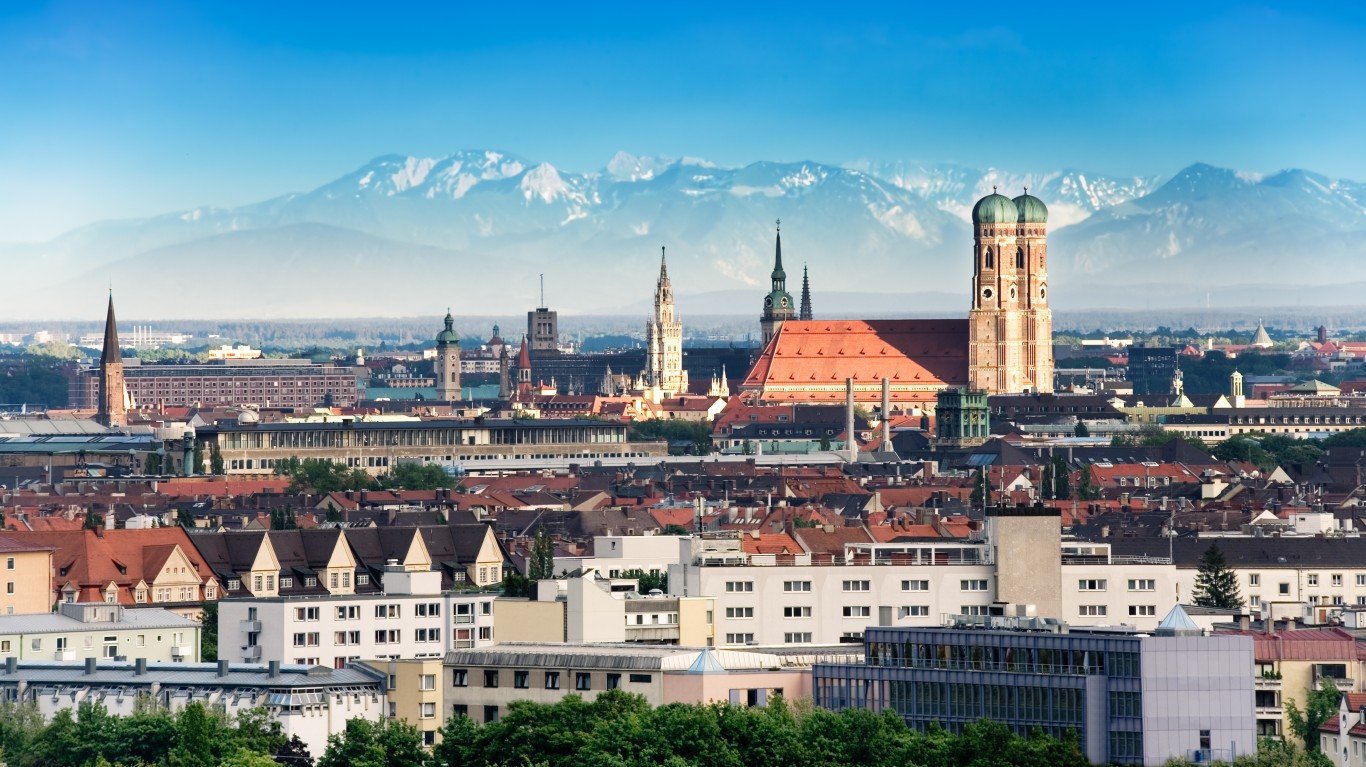
19. Munich, Germany
> Tap water price per month: $4.19
> Water quality score: 95.3
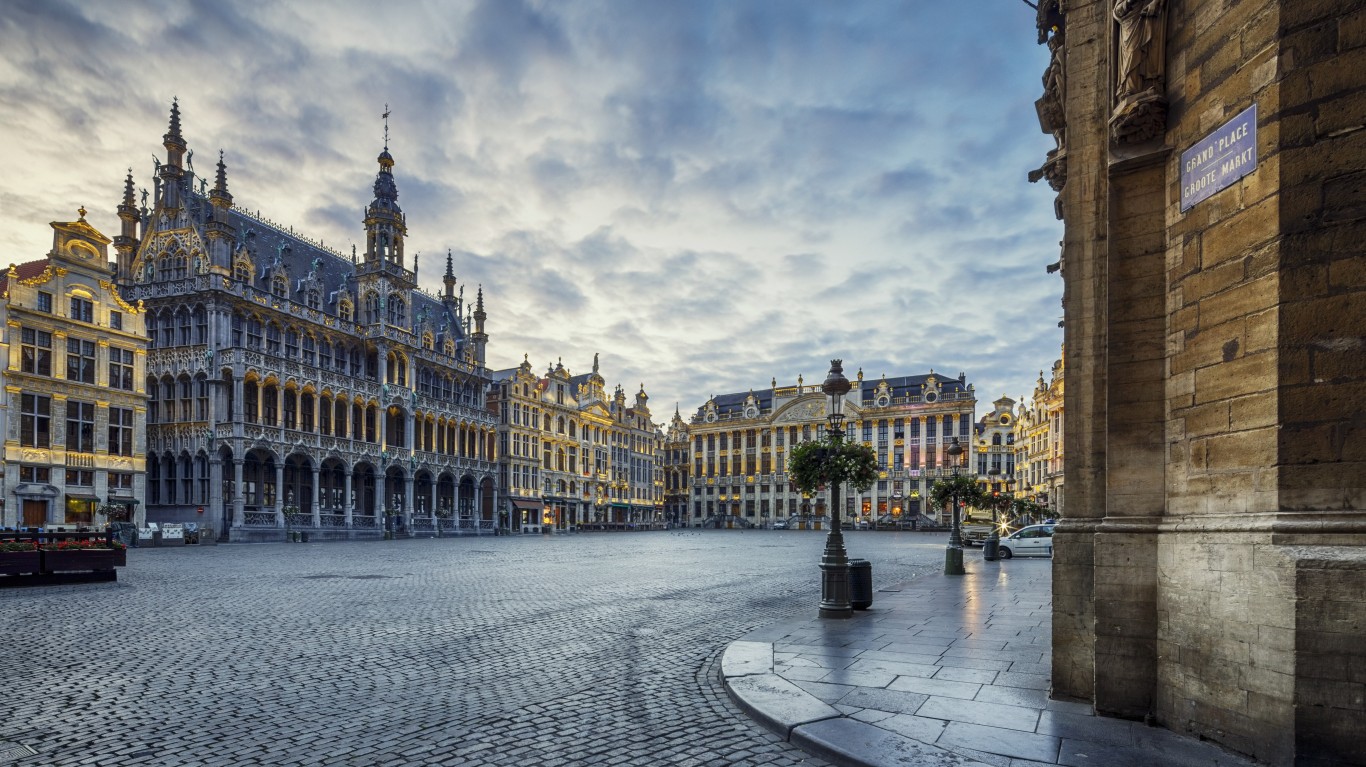
18. Brussels, Belgium
> Tap water price per month: $4.24
> Water quality score: 85.6
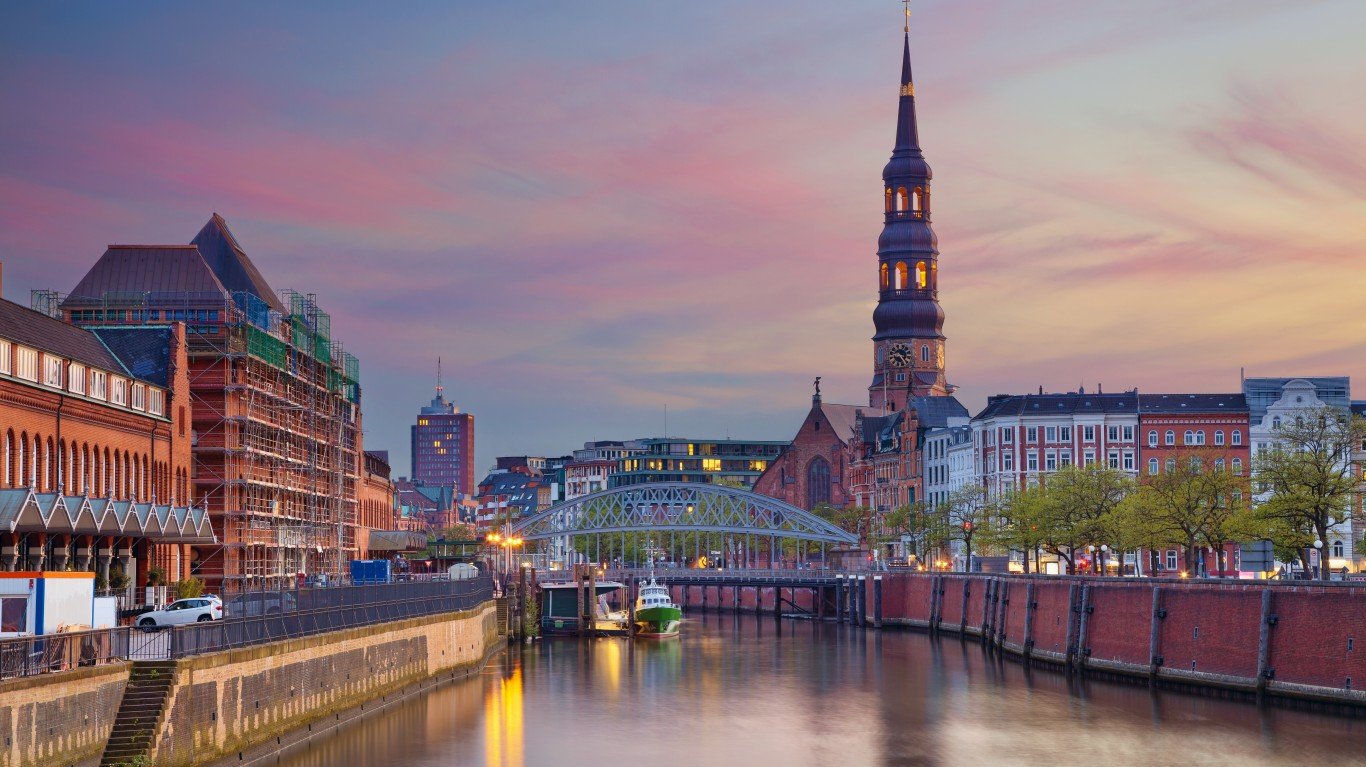
17. Hamburg, Germany
> Tap water price per month: $4.24
> Water quality score: 95
[in-text-ad-2]
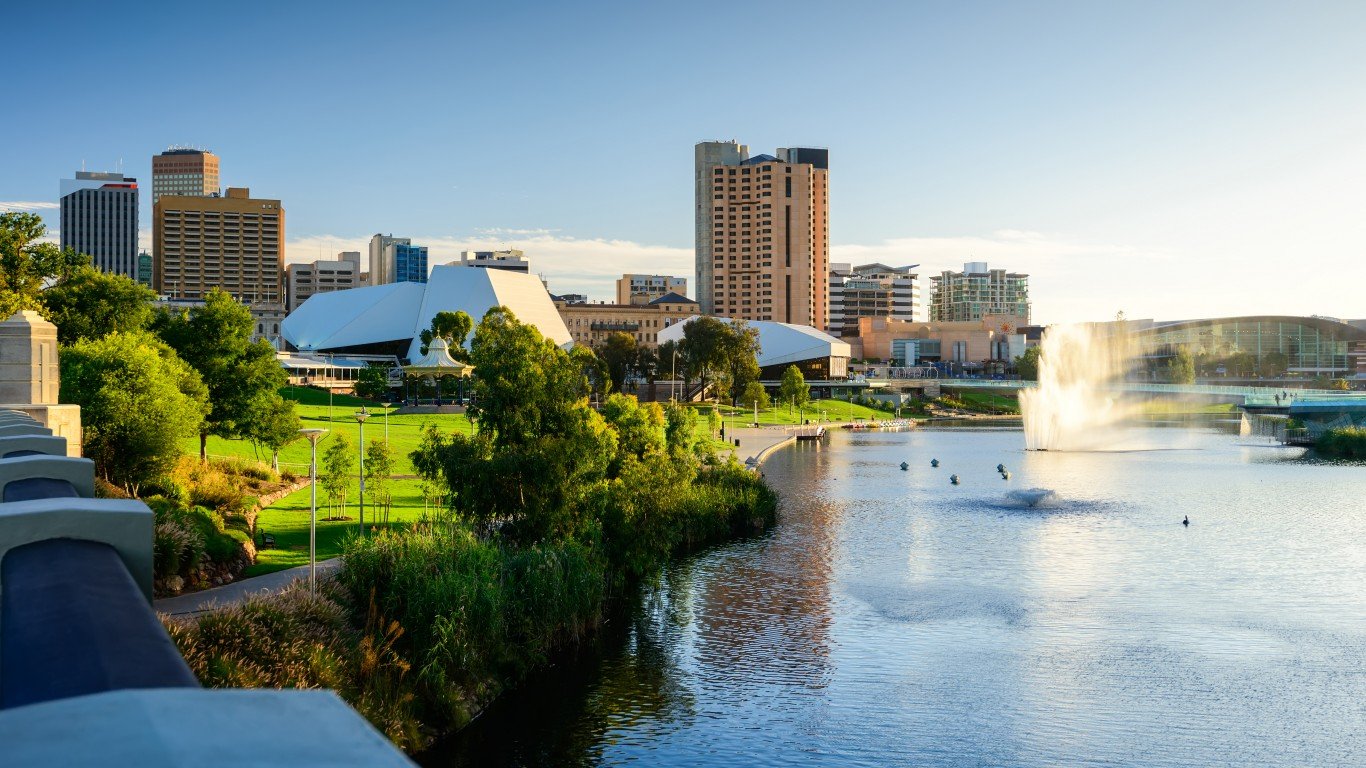
16. Adelaide, Australia
> Tap water price per month: $4.32
> Water quality score: 86.3
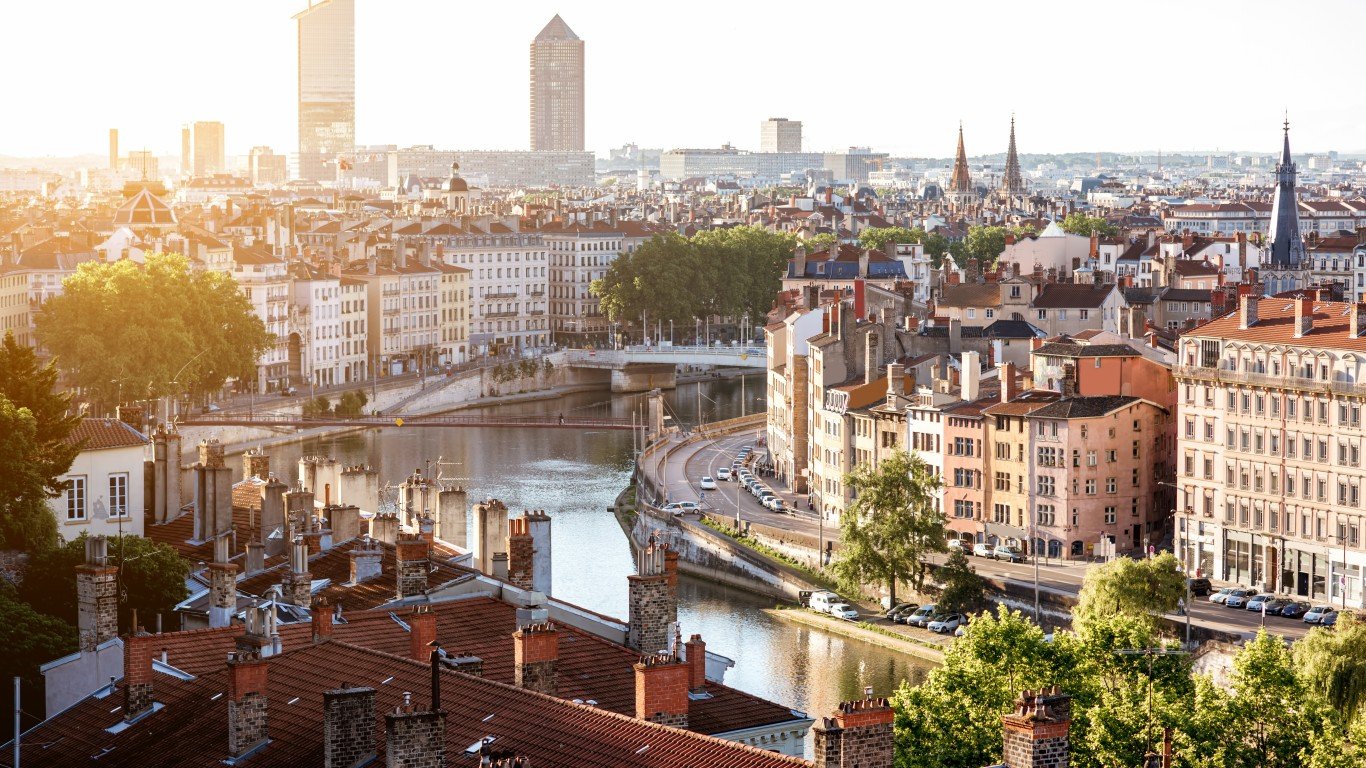
15. Lyon, France
> Tap water price per month: $4.33
> Water quality score: 88.9
[in-text-ad]
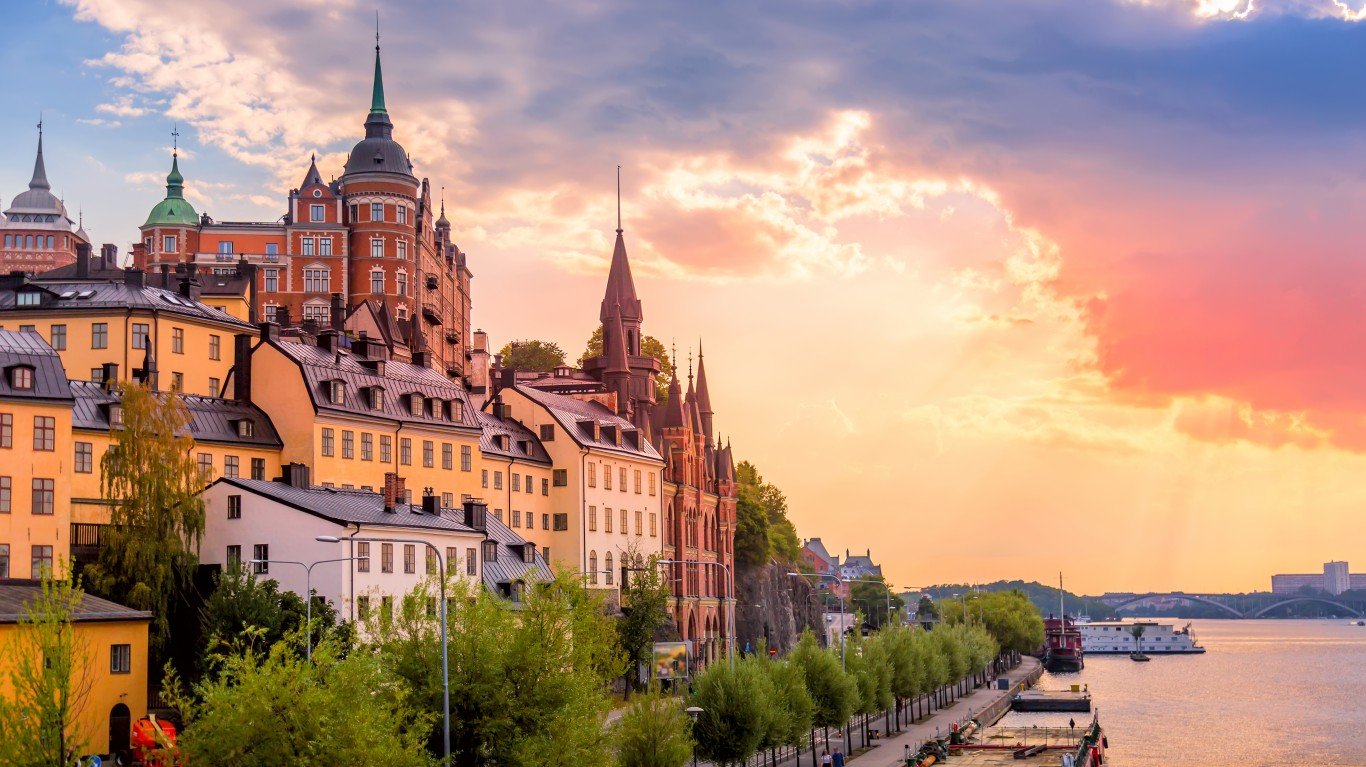
14. Stockholm, Sweden
> Tap water price per month: $4.37
> Water quality score: 96.7
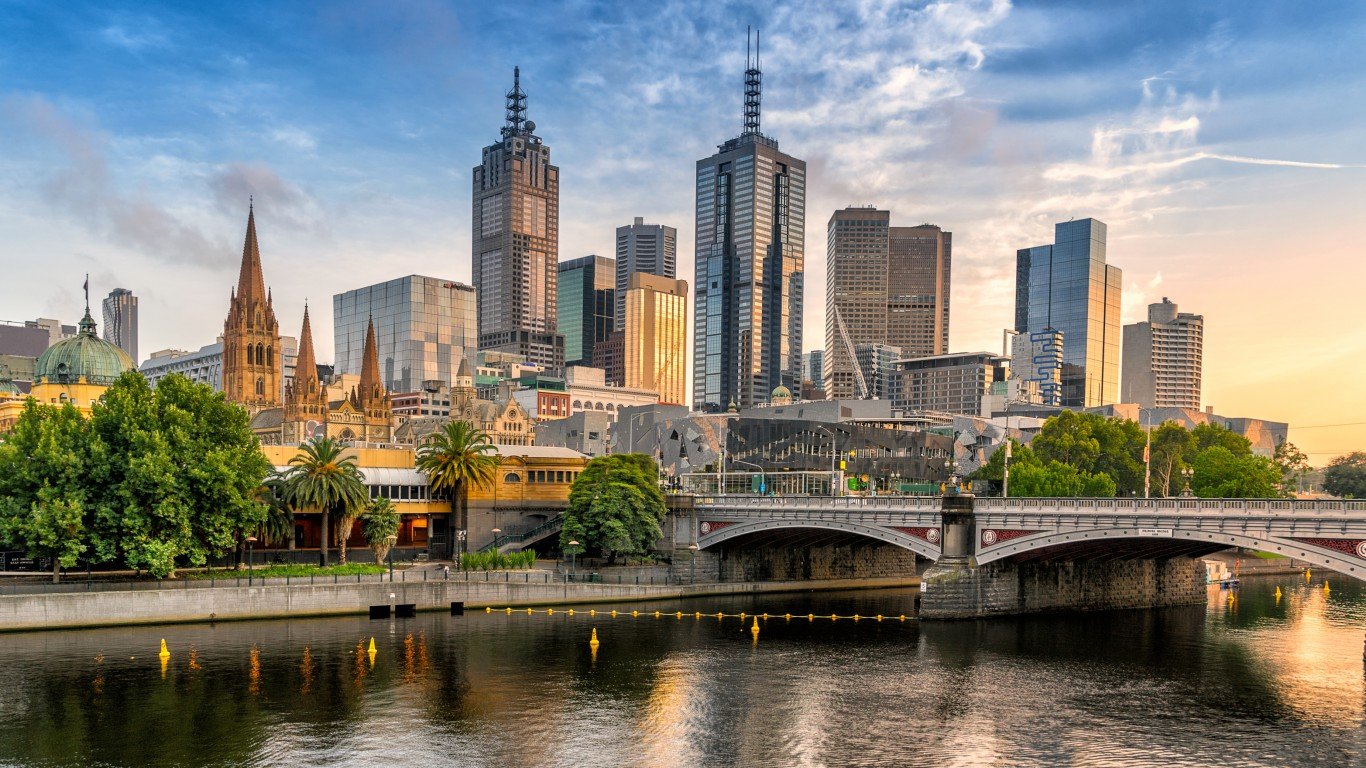
13. Melbourne, Australia
> Tap water price per month: $4.41
> Water quality score: 87.7
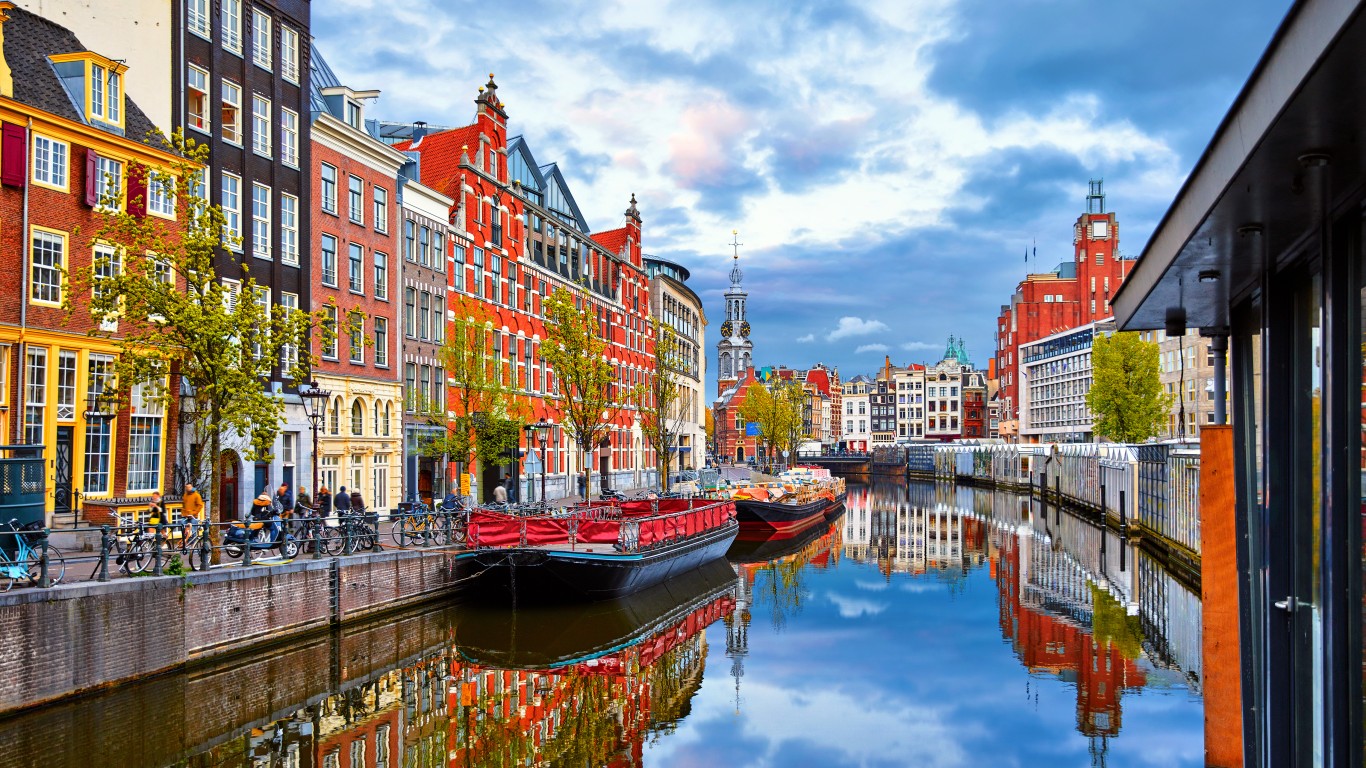
12. Amsterdam, Netherlands
> Tap water price per month: $4.43
> Water quality score: 96.8
[in-text-ad-2]
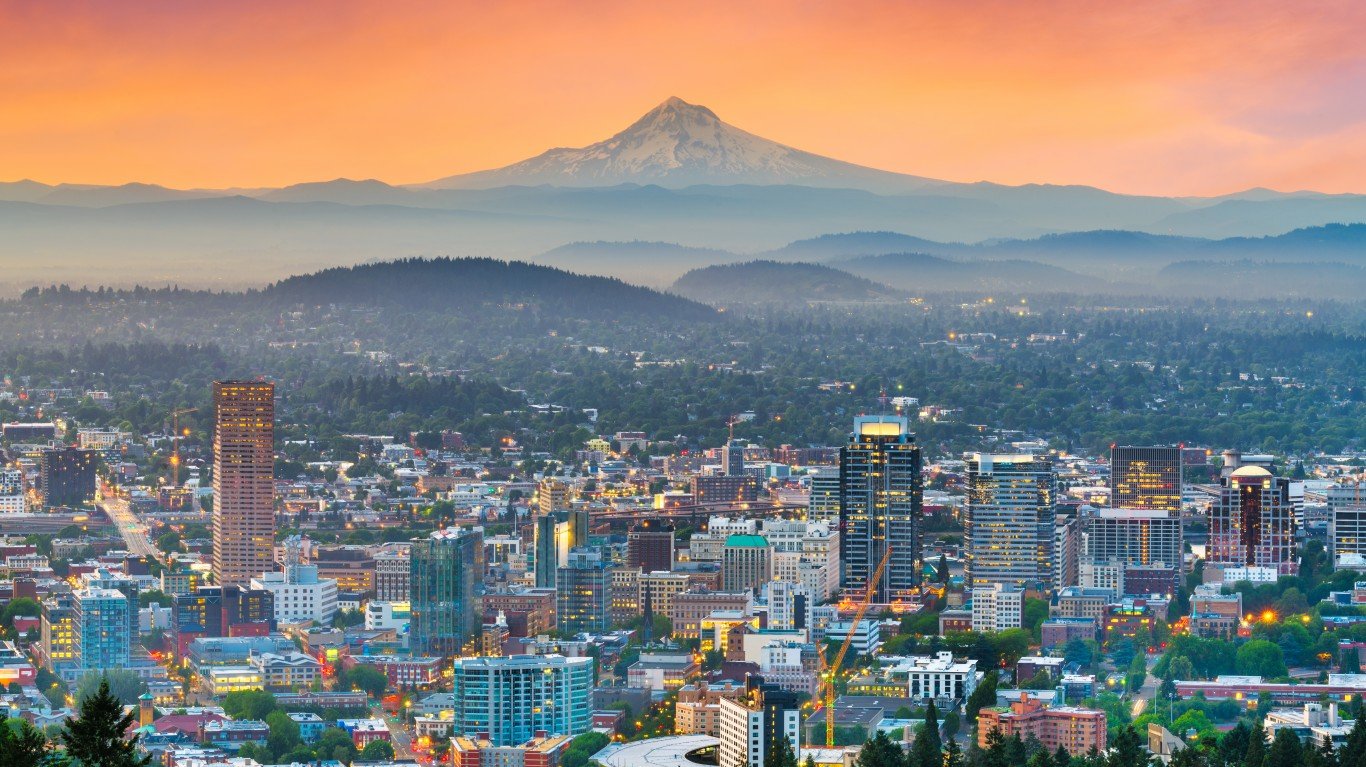
11. Portland, Oregon, USA
> Tap water price per month: $4.55
> Water quality score: 90.3
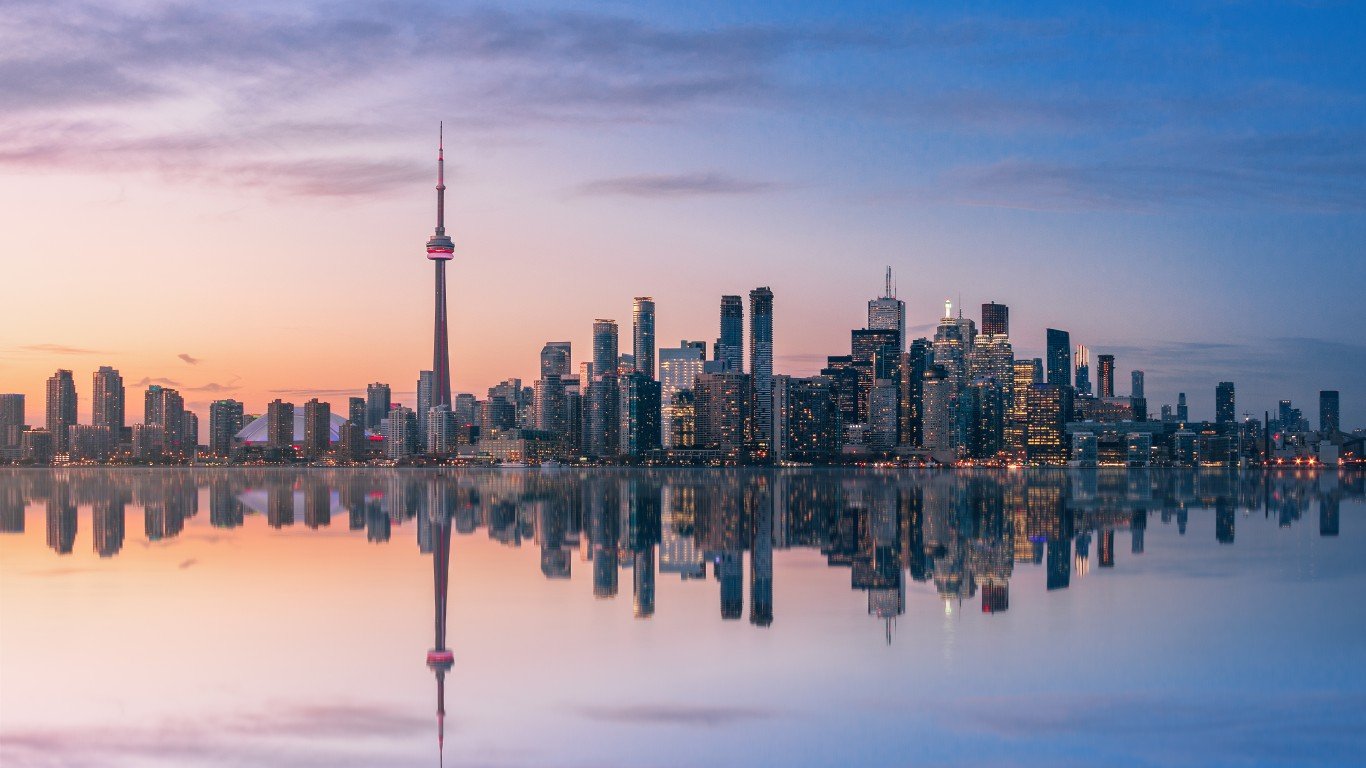
10. Toronto, Canada
> Tap water price per month: $4.59
> Water quality score: 90
[in-text-ad]
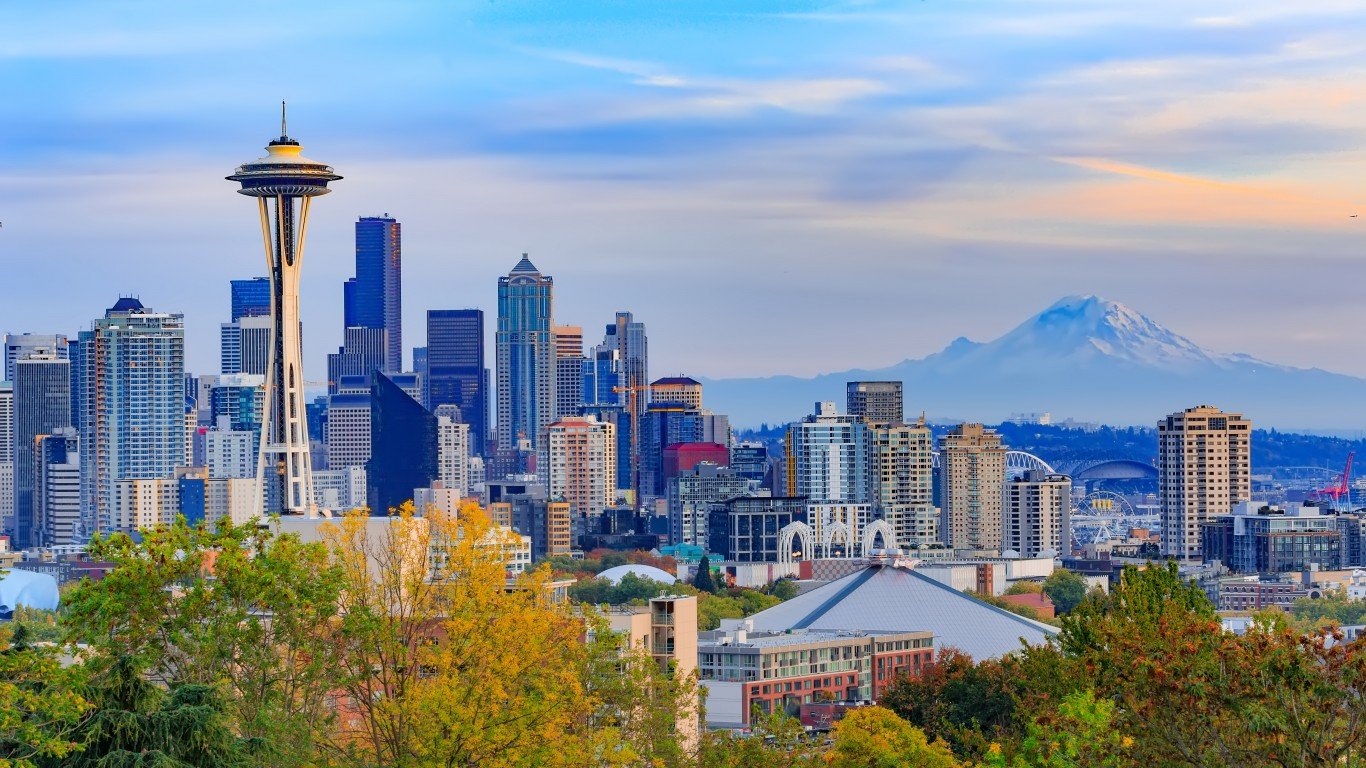
9. Seattle, Washington, USA
> Tap water price per month: $4.60
> Water quality score: 90.5
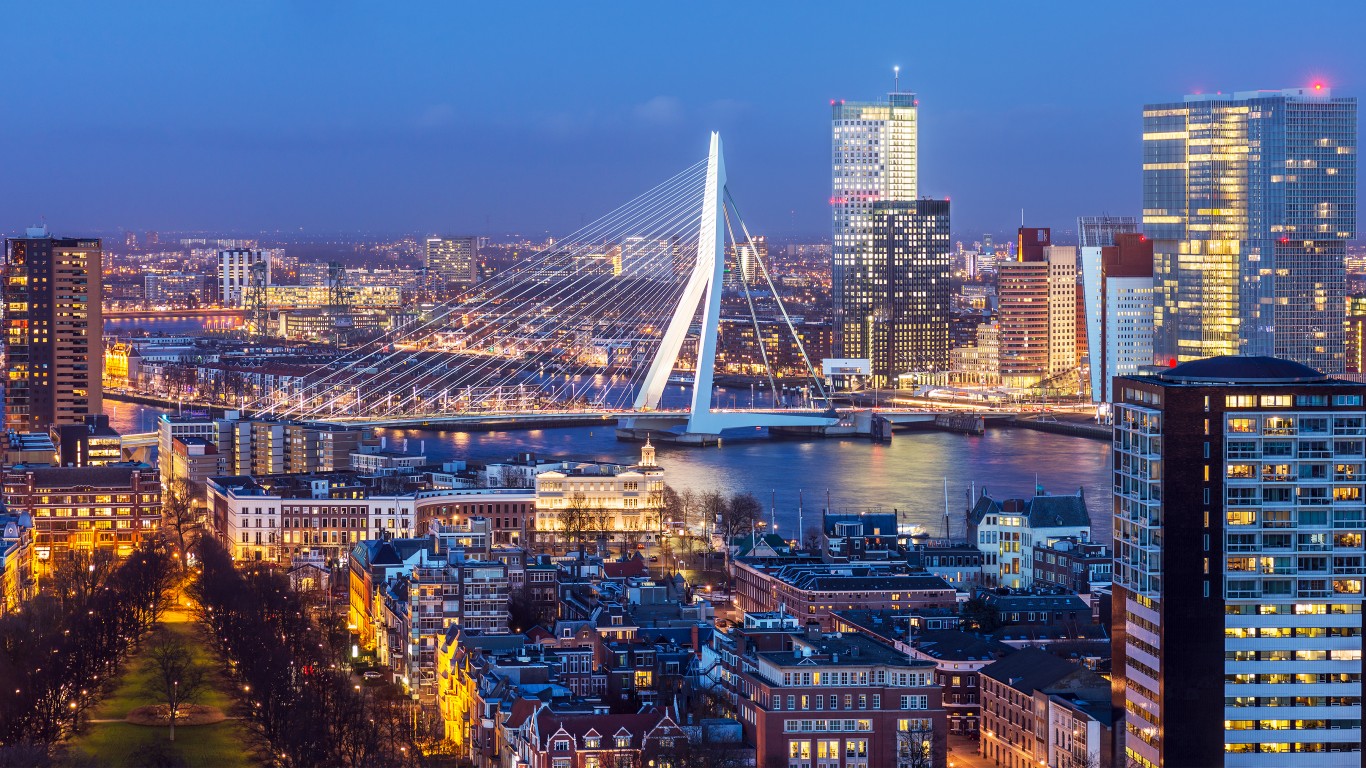
8. Rotterdam, The Netherlands
> Tap water price per month: $4.84
> Water quality score: 97.2
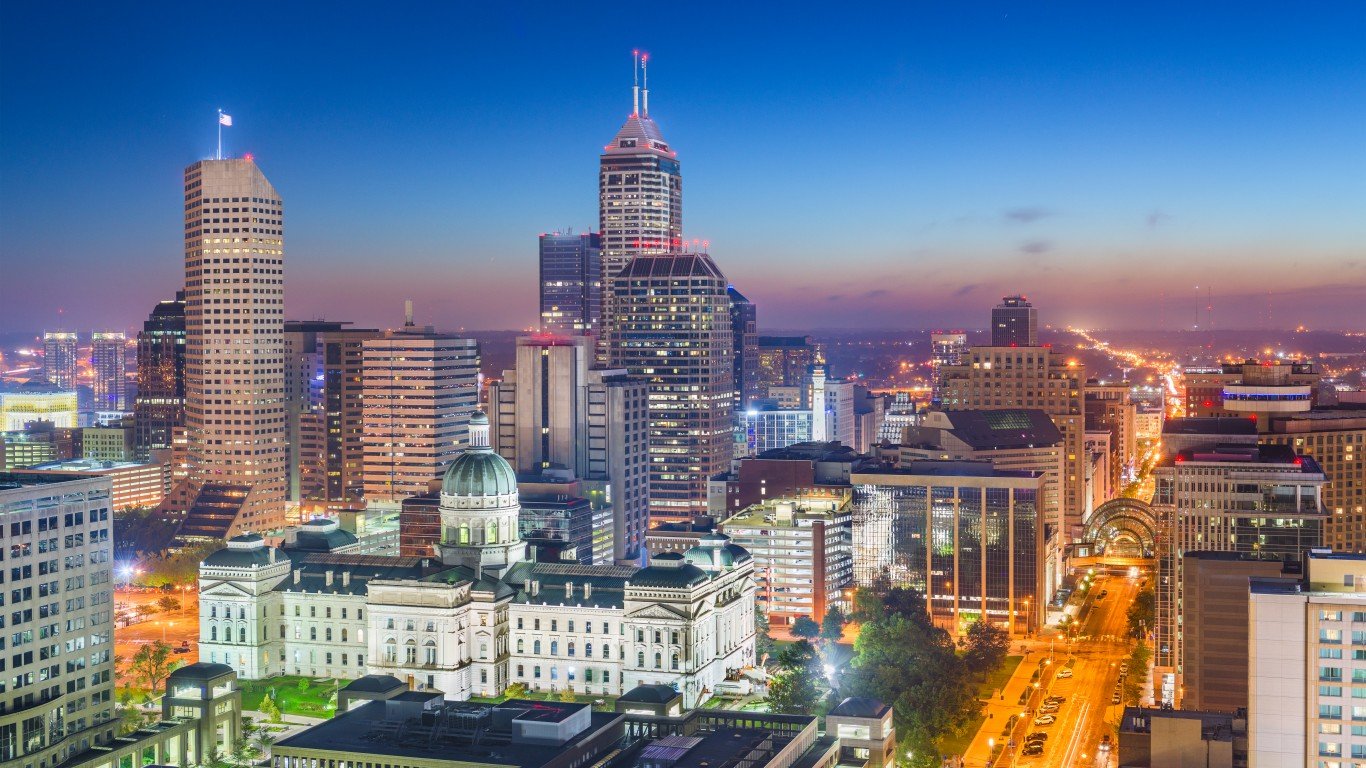
7. Indianapolis, Indiana, USA
> Tap water price per month: $5.17
> Water quality score: 84.4
[in-text-ad-2]

6. Brisbane, Australia
> Tap water price per month: $5.21
> Water quality score: 87.5
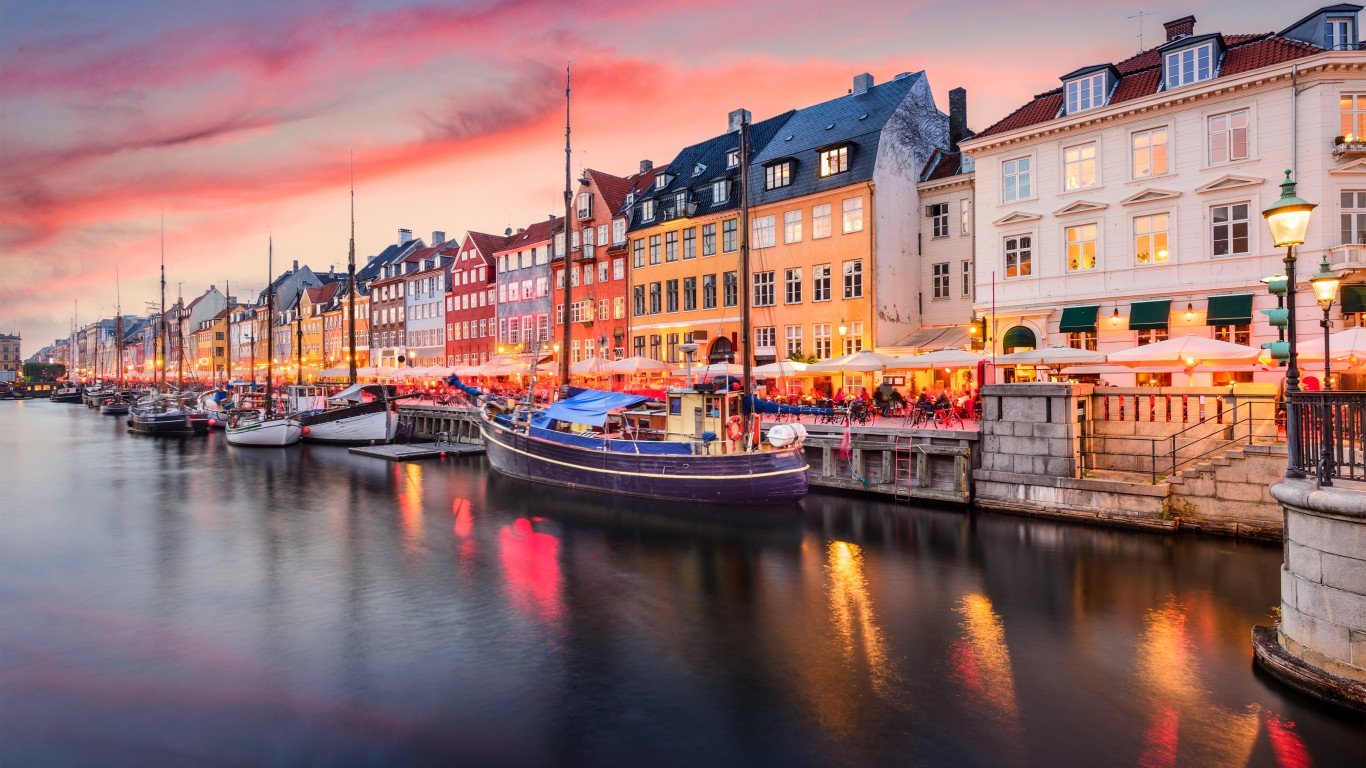
5. Copenhagen, Denmark
> Tap water price per month: $5.30
> Water quality score: 93.9
[in-text-ad]
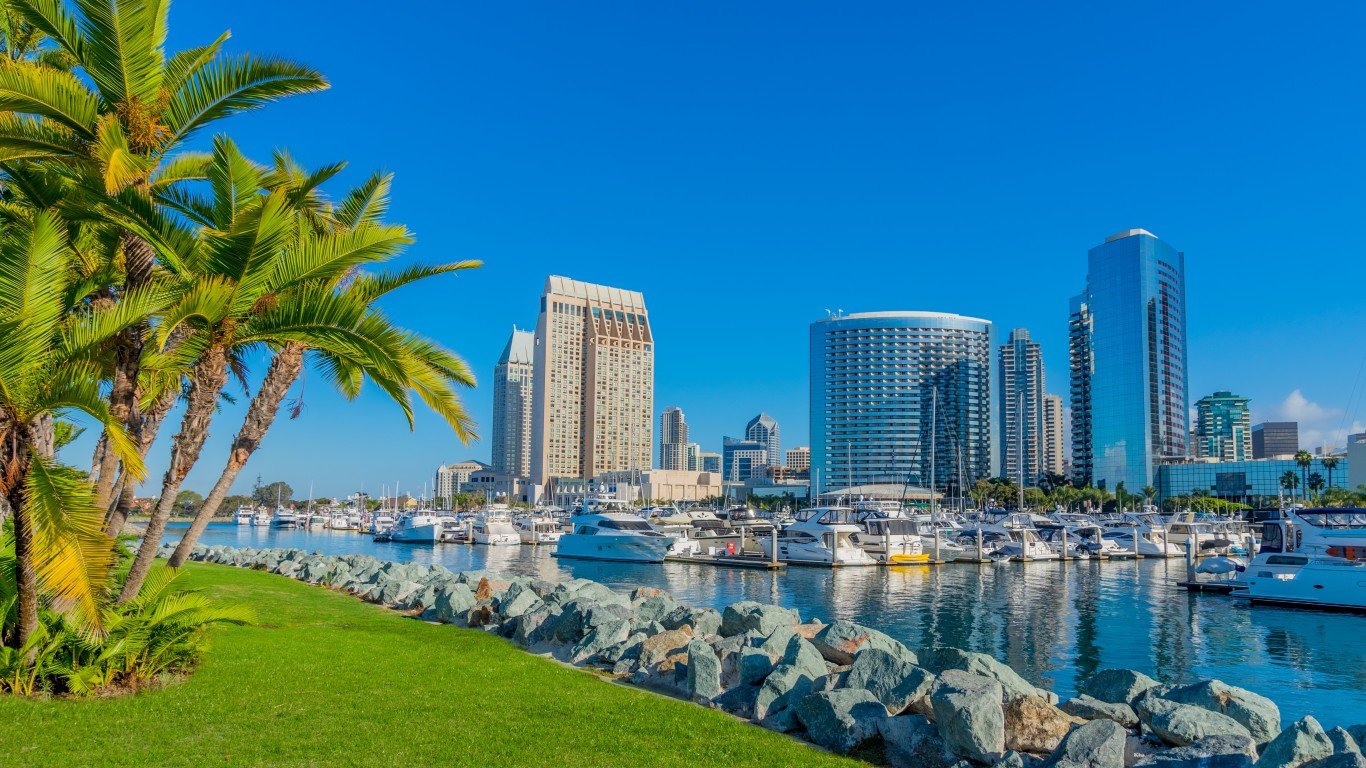
4. San Diego, California, USA
> Tap water price per month: $5.38
> Water quality score: 84
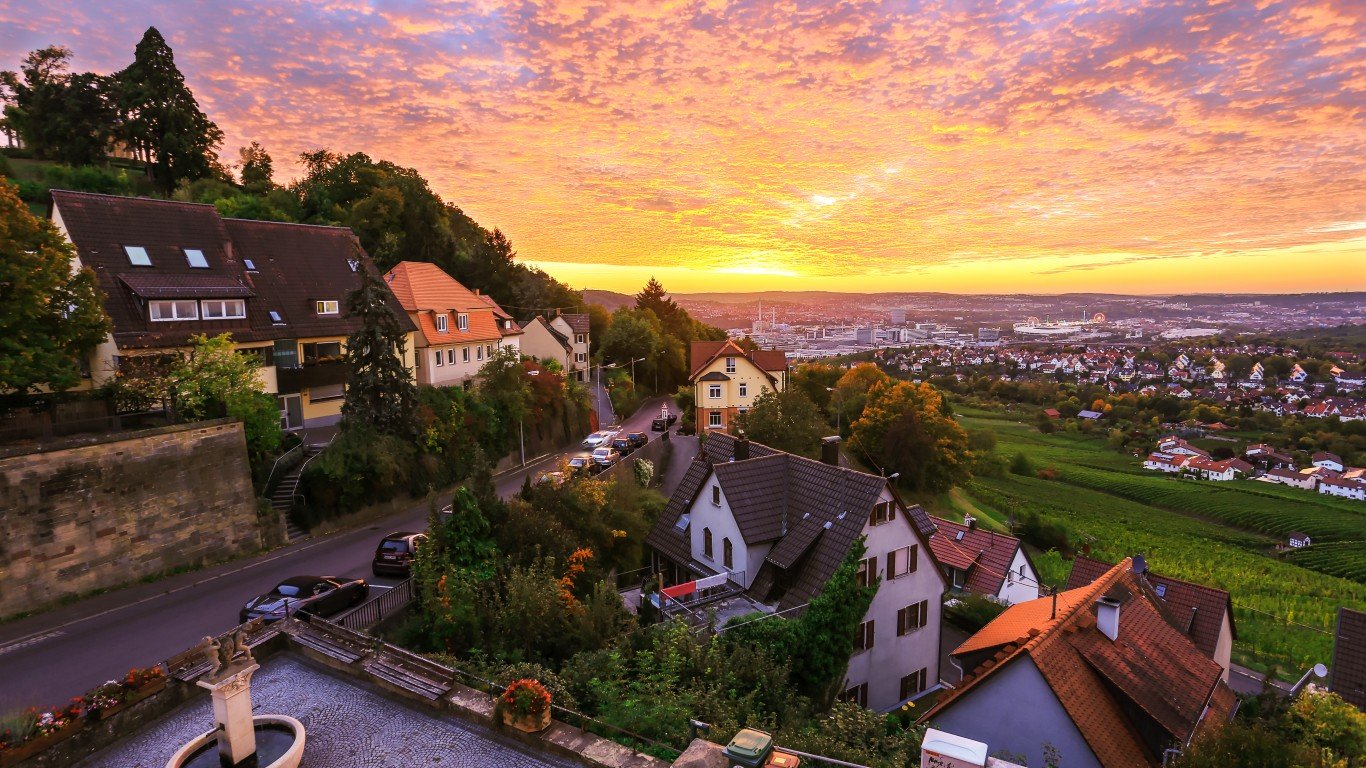
3. Stuttgart, Germany
> Tap water price per month: $5.67
> Water quality score: 94.3
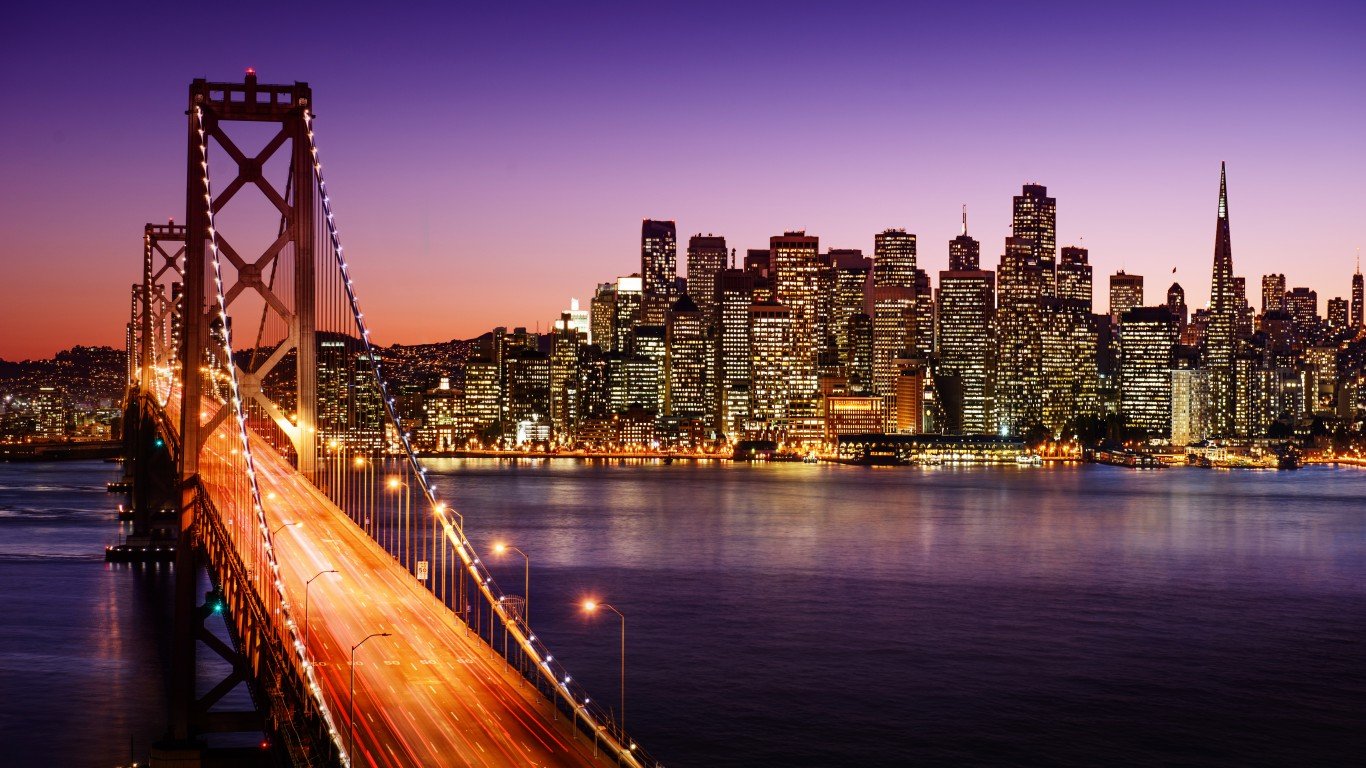
2. San Francisco, California, USA
> Tap water price per month: $6.07
> Water quality score: 85.5
[in-text-ad-2]
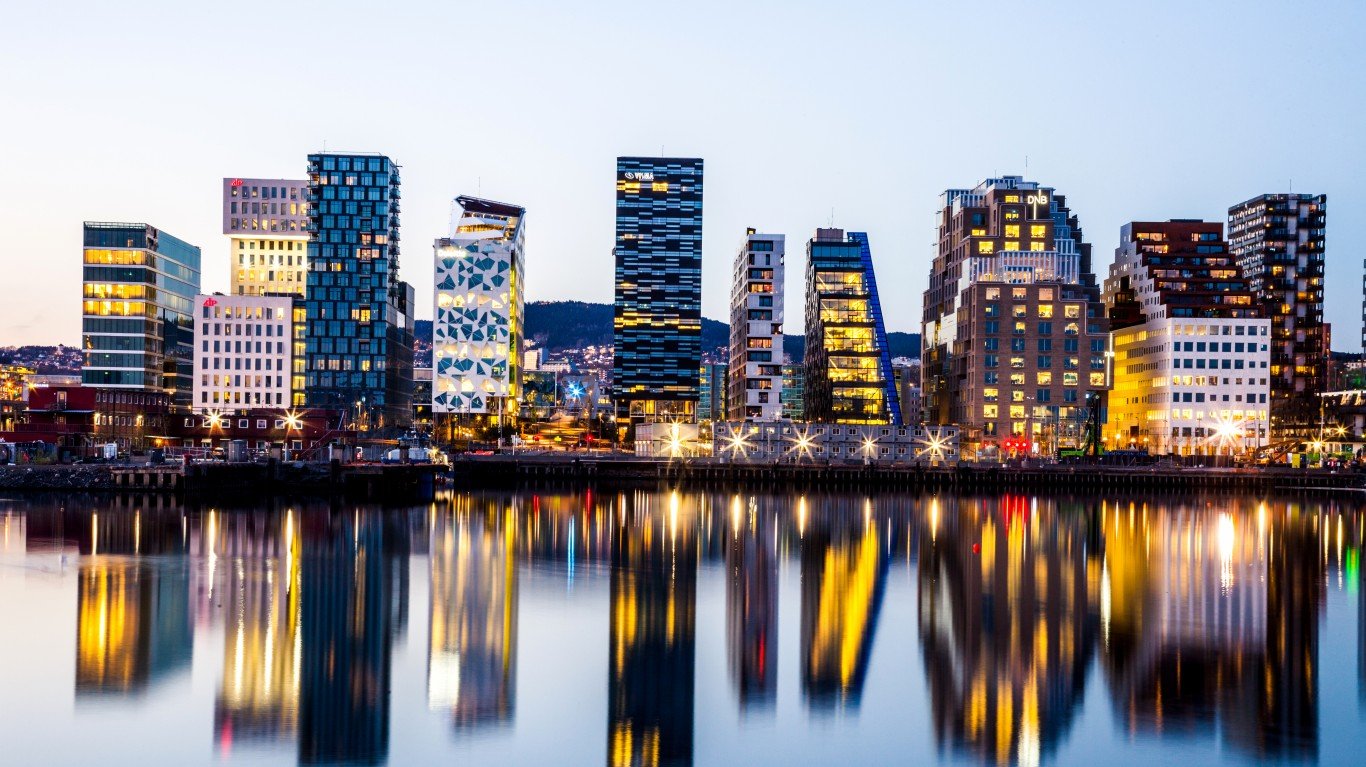
1. Oslo, Norway
> Tap water price per month: $6.69
> Water quality score: 97.8
Essential Tips for Investing: Sponsored
A financial advisor can help you understand the advantages and disadvantages of investment properties. Finding a qualified financial advisor doesn’t have to be hard. SmartAsset’s free tool matches you with up to three financial advisors who serve your area, and you can interview your advisor matches at no cost to decide which one is right for you. If you’re ready to find an advisor who can help you achieve your financial goals, get started now.
Investing in real estate can diversify your portfolio. But expanding your horizons may add additional costs. If you’re an investor looking to minimize expenses, consider checking out online brokerages. They often offer low investment fees, helping you maximize your profit.
Thank you for reading! Have some feedback for us?
Contact the 24/7 Wall St. editorial team.
 24/7 Wall St.
24/7 Wall St.